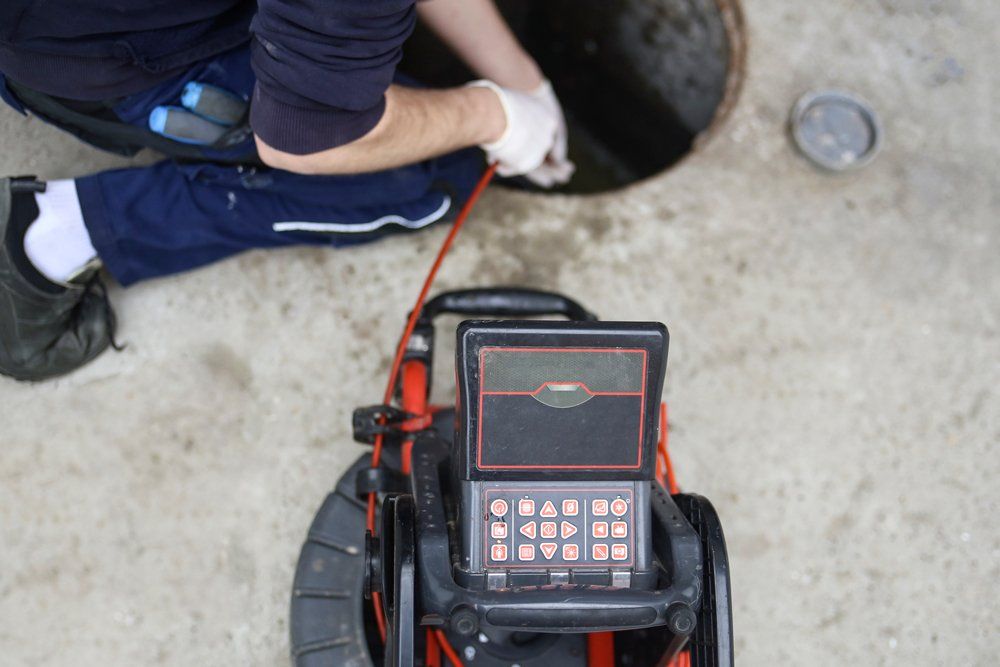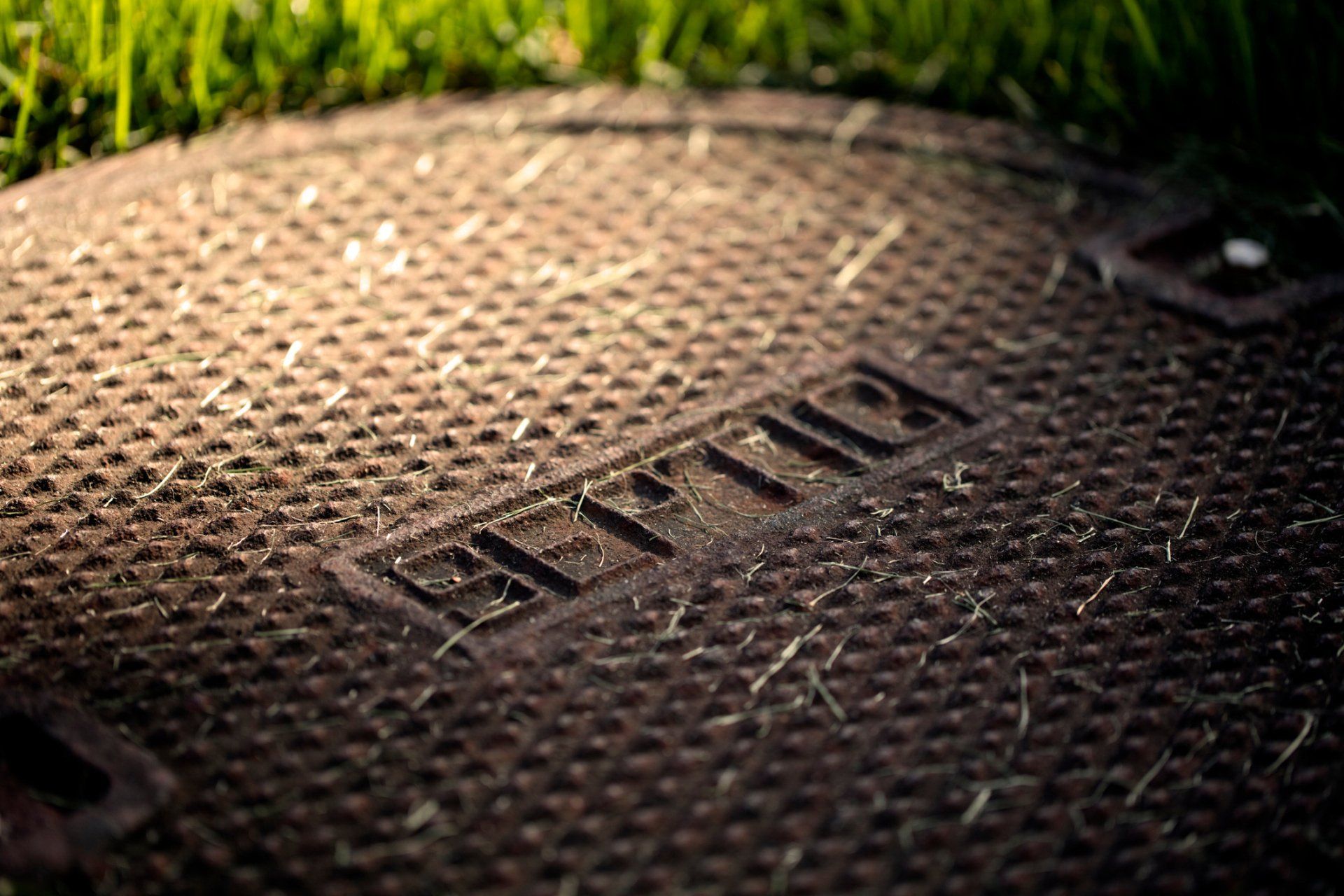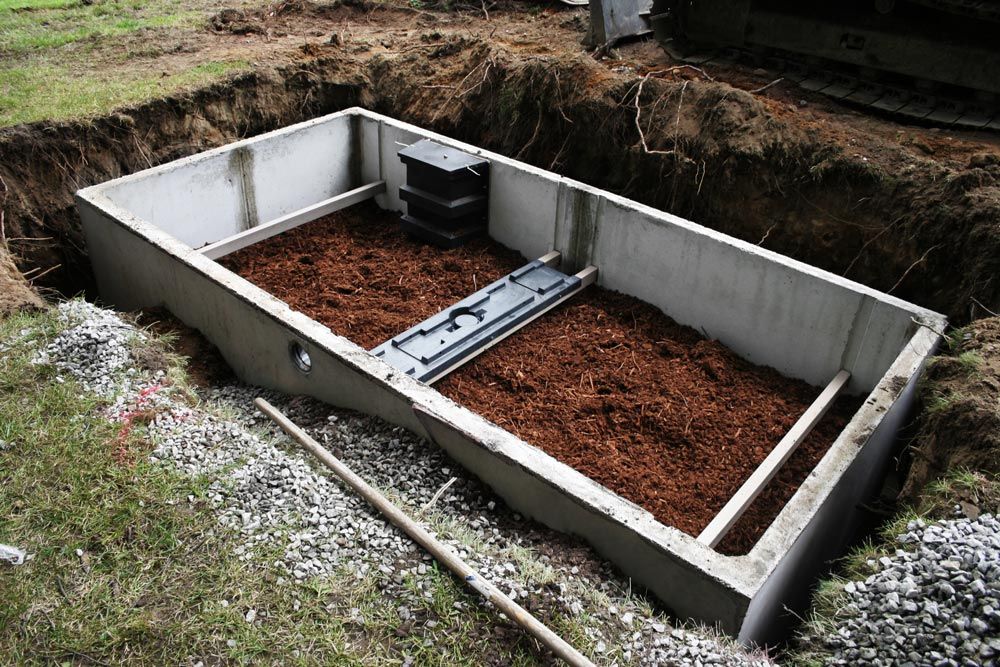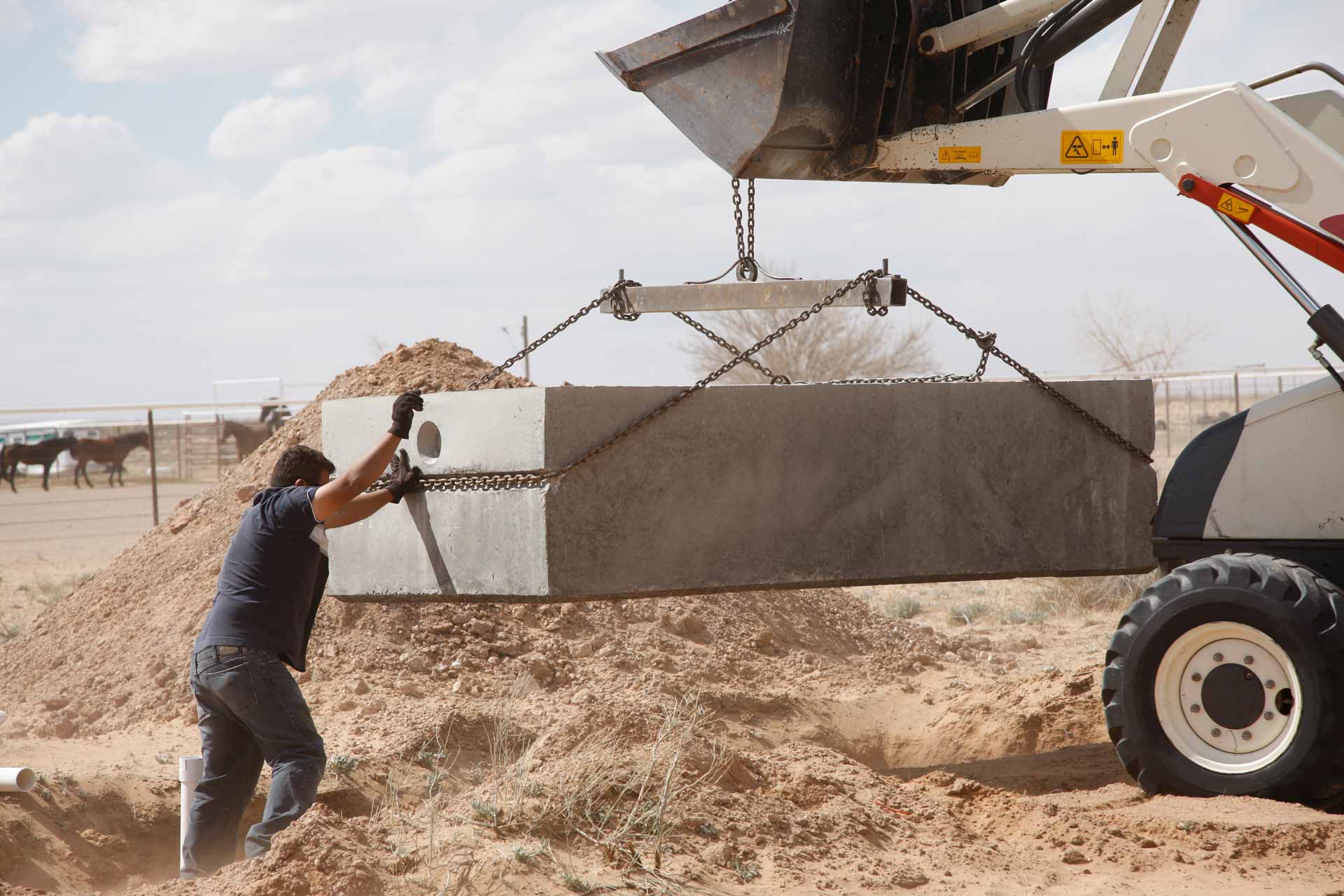What You Need to Know About Septic Systems as First-Time Home Buyers
Buying a home is the biggest purchase of most people's lives. It can be a stressful undertaking, especially for first-time home buyers. Experts are throwing around real estate terms that you don't understand -- contingencies, radon, easement, conveyance, septic. While we can't comment on the others, septic is a word that you don't need to be afraid of.
Even if you have only ever lived with city water and sewer services, buying a home with a septic system is really not a big deal. Read on for what you need to know about these systems.
What is a Septic System?
Many homes are connected to a municipal wastewater treatment system, where waste is transported to a treatment facility for processing. For houses that are located too far away from the city for this to be feasible, a septic system is installed for each individual house.
Like a municipal system, waste is flushed and then slowly separates from the accompanying water. The solids sink down and form a layer of sludge on the bottom of the tank. Water slowly flows out of the tank and into a drain field, eventually returning to the groundwater.
Do I Need to Have a Septic System Inspected Before I Buy a Home?
Home inspections are an important part of the home-buying process. Depending on the home you are buying, the type of loan you are choosing, and the part of the country you live in, you may get a general home inspection, an FHA-required pest inspection, a radon test, a septic inspection, and, possibly, an inspection by a structural engineer.
During a septic inspection , they locate the tank's lid and access the tank itself to determine not only how full the tank is and when it was last pumped, but also if it is still structurally sound. If the tank is failing, you will want to talk to your Realtor and take the cost of replacement into consideration during your contract negotiations.
How Often Does a Septic System Need to be Cleaned?
The EPA suggests that septic systems should be inspected at least every three years by a professional. With a new home purchase, you may want to have your tank looked at annually until you have a better feel for your usage. Full tanks typically need to be pumped out every three to five years.
How Can I Maintain a Septic System Between Cleanings?
While there are several additives on the market that claim to help clean your septic tank, the EPA states that "periodic pumping is a much better way" to maintain your septic tank over time. A better plan is to monitor what you put in your tank. Many seemingly innocent household items that are commonly flushed should be disposed of in the trash instead, like:
- Dental floss. It may seem rather innocuous to flush a tiny piece of dental floss, but it can do serious damage. All those tiny pieces band together, surround other solids, and form giant balls of floss and debris that can wreak havoc in your tank.
- Cleaning wipes. Do not get in the habit of flushing anything that is not biodegradable. Cleaning wipes should be disposed of in the trash, not your septic tank.
- Cat litter. Clumping-style cat litter can create large, clogging clumps in your pipes and tank. Even the non-clumping litter should never be flushed because it just sits at the bottom of the tank.
The above list may seem surprising as many of the products are marketed as flushable. It is important to understand, however, that these items not only clog your tank, but also disrupt the balance of bacteria designed to breakdown organic matter.
Buying a home with a septic system does not have to be scary. Working with your Realtor and us at Pete's Outflow Technicians can help you navigate the process easily.









